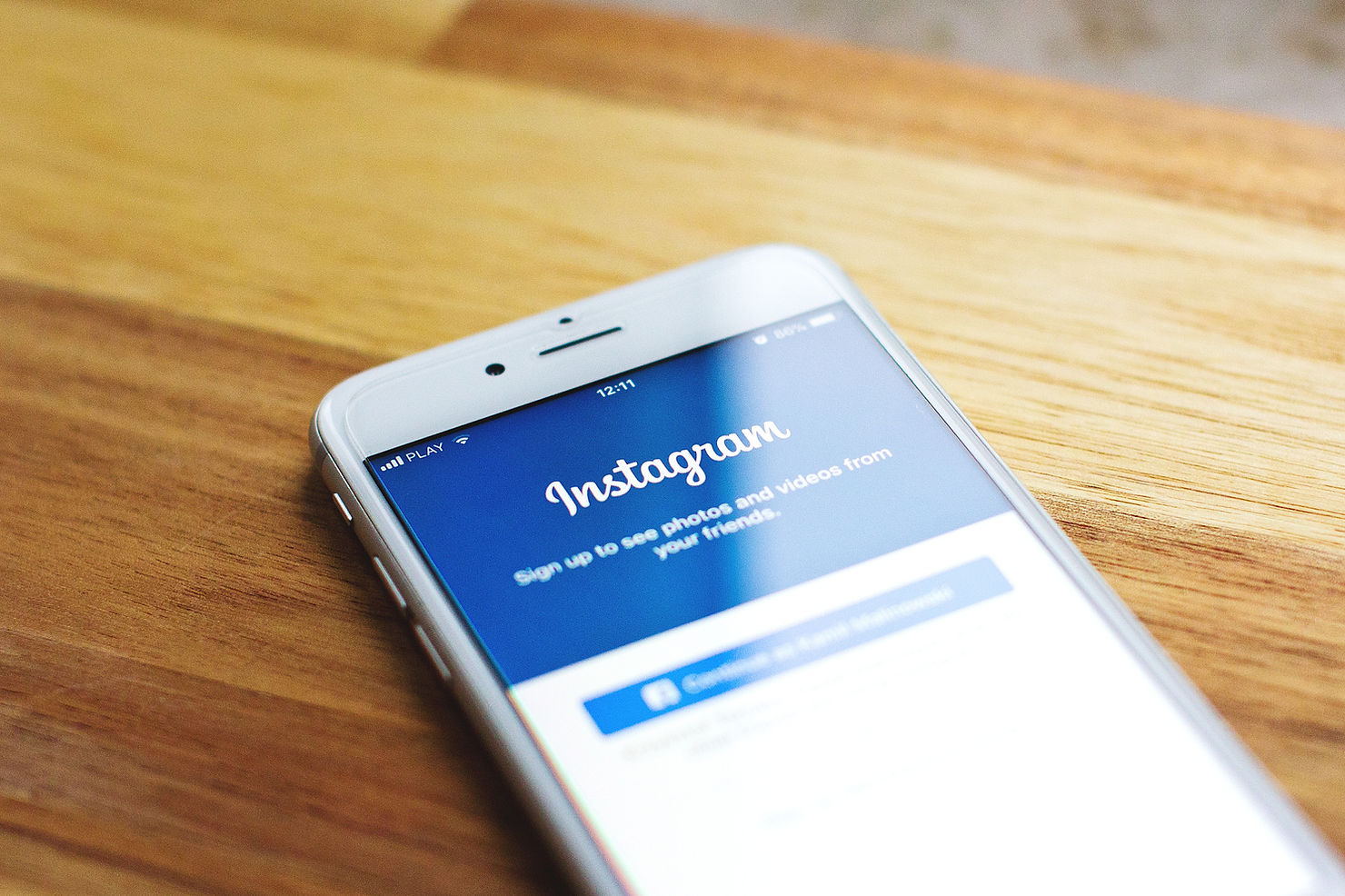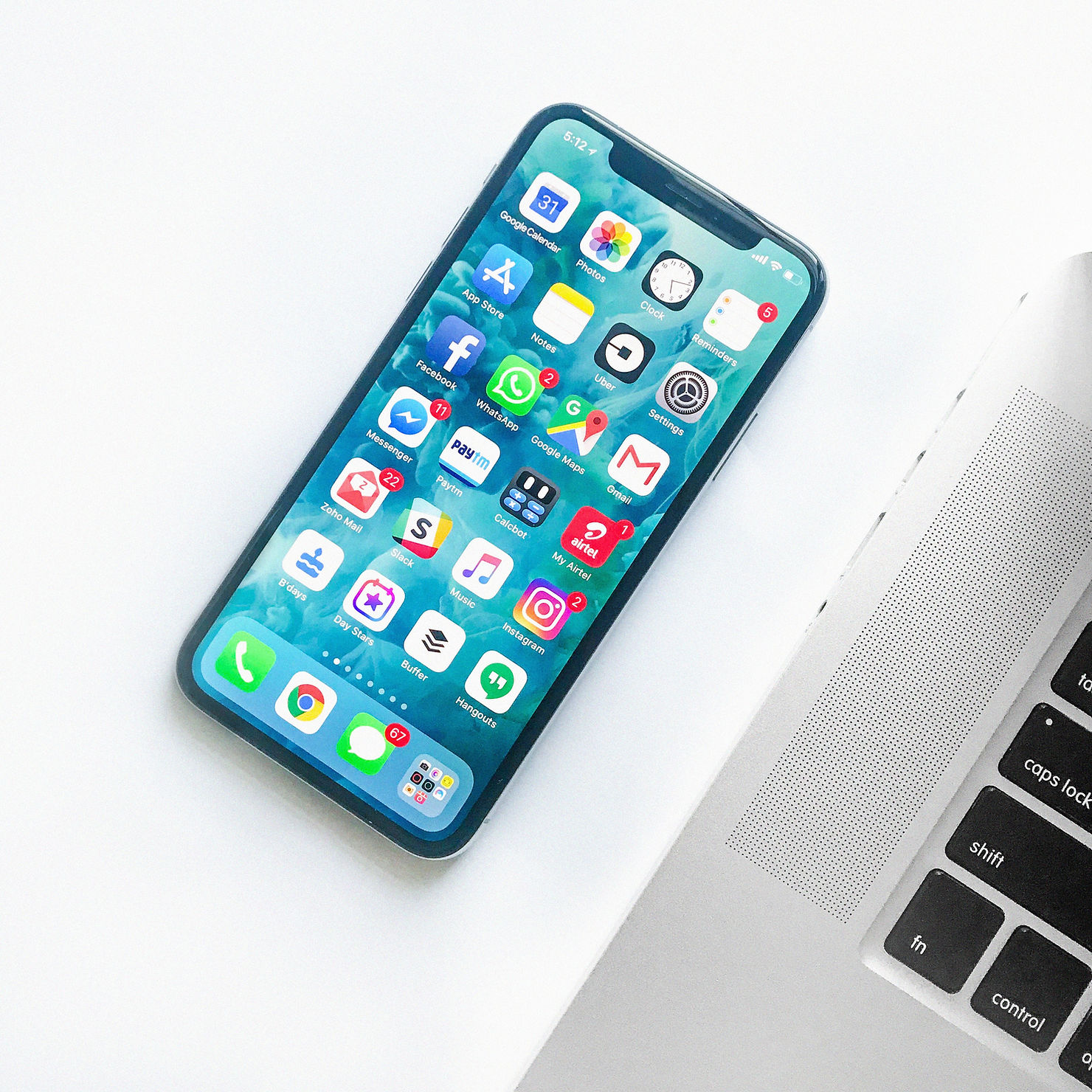How e-commerce is redefining global shopping trends
How e-commerce is redefining global shopping trends
by
11 min read
15 min read
11 min read

Does social media affect consumer behavior?
Social media has occupied an important position as a communication tool. People across the globe use social media to connect to other people or organizations.
Globally, people have started to use social media such as Facebook, Twitter, Instagram, and LinkedIn to share their experiences. As customers, people share product reviews, information about a service, advice on food or health, warnings about products, tips on using certain products, and much more.
People have a lot of ‘connections’ on social media; therefore, information is consumed by many people. This information becomes a source of influence on consumers and their buying behavior.
Research studies have shown that many people rely on information and reviews on social media as a guide for planning their future purchases.
Social media has grown in terms of its reach and impact. Here is a statistic to prove that.
54% of social browsers use social media to research products (GlobalWebIndex, 2018).

4 Ways Social Media Influences Consumer Behavior
More buyers are now on social media networks than ever before. Consumers are looking for reviews and recommendations. Therefore, it’s essential to have a prominent online presence on various social media platforms.
The latest trend in marketing is the introduction of social media. Social media can influence potential customers from the start until the stage of the purchase and beyond as well.
To start, consumers need awareness of your brand and its offering. When they start to narrow down their choices at a later stage, you need a social media influencer to convince them of their choice. A constant dialogue between the customer and the brand is essential to keep the relationship strong. Attractive and informative content can glue the customers to your brand.
Here are four ways in which social media influences consumer behavior:

Social media is a huge influence on consumers when they are attempting to build awareness about a particular product. When people face a problem, they start searching for a solution. But most of the time, people do not know which product or service will solve their problems.
How do people get to know about your product? A large section of the audience gets to know your brand through the content that is distributed on social media.
Top 8 social networks drove more than 31% of site traffic!
Every business aims to influence consumer behavior. If you do not have a brand presence on social media, you miss out on an important opportunity to influence your consumer buying behavior.

Social media has resulted in the evolution of social proof as a greater force for buying decisions. Social proof has emerged due to the tendency of people to imitate the behavior of people around them or people imitate people who influence them.
Happy customers tend to praise the products with likes, shares, reviews, and comments on social media. Marketers are making the social space more transparent by sharing reviews, comments, likes, tweets, and pins of their happy customers to generate brand trust and increase conversion rates.
Sharing testimonials, case studies, pictures, comments, and videos of happy customers will build greater trust and will work well on your landing page, consulting page, and sign-up page as well.
The power of social proof cannot be undermined when social media has become an integral part of buyers and sellers. Social marketers looking to sell their products should have solid social proof through case studies, images, videos, podcast interviews, and influencers as part of their selling strategy. All this will eventually increase the conversion rate.
Many social media users have signed up for social media groups/forums they are interested in. When consumers see promotions, discounts, and deals on social media, it influences their buying behavior.
64% of online consumers wait to buy things until they go for sale,
Social media is an inexpensive platform that gives brands instant reach to billions of active social media users. Brands should ensure that the target audience sees your products, likes them, and shares them on social media, which helps to influence consumer behavior.
Consumers are more likely to buy when they get recommendations from someone they trust. Celebrities and popular people inspire their audience and influence their buying behavior.
49% of consumers indeed seek guidance from social media influencers before making a buying decision.
For example, an influential gamer would endorse gaming and tech products. Consumers on social media look up to these influencers for recommendations and advice on products. A positive influence will encourage the consumer to buy the product.
Influencer marketing can work wonders for your brand by attracting more customers. Many marketers are replacing celebrities with YouTube, Instagram, and Snapchat influencers. These online stars are providing unfiltered feedback on products, and consumers love it.
Social media, which includes content, visuals, promotions, discounts, and influencers, can influence consumers' buying behavior.
Brands and businesses cannot ignore the effects of social media on consumer behavior.
A Deloitte report highlighted that consumers influenced by social media are four times more likely to spend more on purchases. Moreover, the influence can be so high that 29% of consumers are likelier to purchase on social media.
dKilo pays people for being stuck in traffic by pushing digital ads to their cars and selling the digital ad space to companies and brands through an intelligent impression-based online ads manager platform.